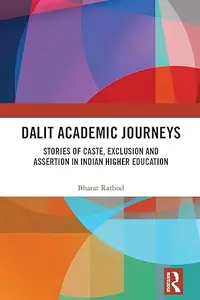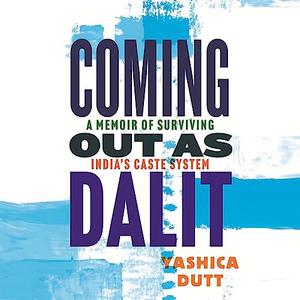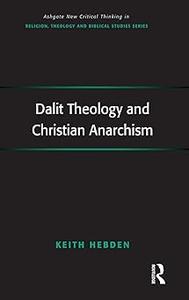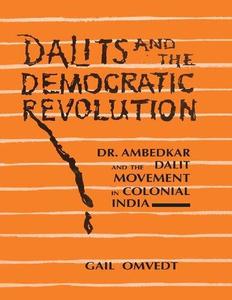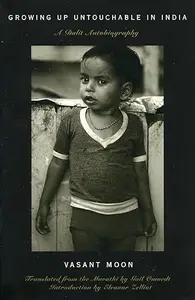
Free Download Gail Omvedt, Eleanor Zelliot, "Growing up Untouchable in India: A Dalit Autobiography"
English | 2000 | pages: 224 | ISBN: 0742508803, 0742508811 | PDF | 36,9 mb
There is much in Vasant Moon’s story of his vasti, his childhood neighborhood in India, that would probably be true of any ghetto anywhere in the world. There is hunger and deprivation, to be sure, but also a sense of community, an easy acceptance of petty crime and violence, the saving grace of sports and organized activities led by caring adults, the off-again on-again aid from relatives, the inexplicable cruelty and unexpected generosity, and escape through education. But there is much here that is peculiarly and vividly Indian as well. Primary among these is the factor of caste, a hierarchical system unrelated to race but based on ancient principles of hereditary pollution and purity, with Brahmans the purest and Untouchables the most polluted. Second is the presence of a hero so important he is described as a "wave," and surely no despised group has ever had a leader as meaningful as Dr. B. R. (Babasaheb) Ambedkar was and remains for India’s awakened and ambitious Dalits. Third is nature, with Moon’s compelling descriptions of Nagpur’s heat and the vivid joy brought by the monsoon. Indeed, every tree, every fruit, every nook and cranny of the world in and around the vasti plays an important part in his story. Dalit literature, poetry, plays, and autobiographies have been one of the most important developments in the culture of India in the past thirty years, yet little has been translated for a Western audience. Vasant Moon’s Growing Up Untouchable, the first Dalit autobiography to be published in English, is a moving and eloquent testament to a uniquely Indian life as well as to the universal human spirit.

